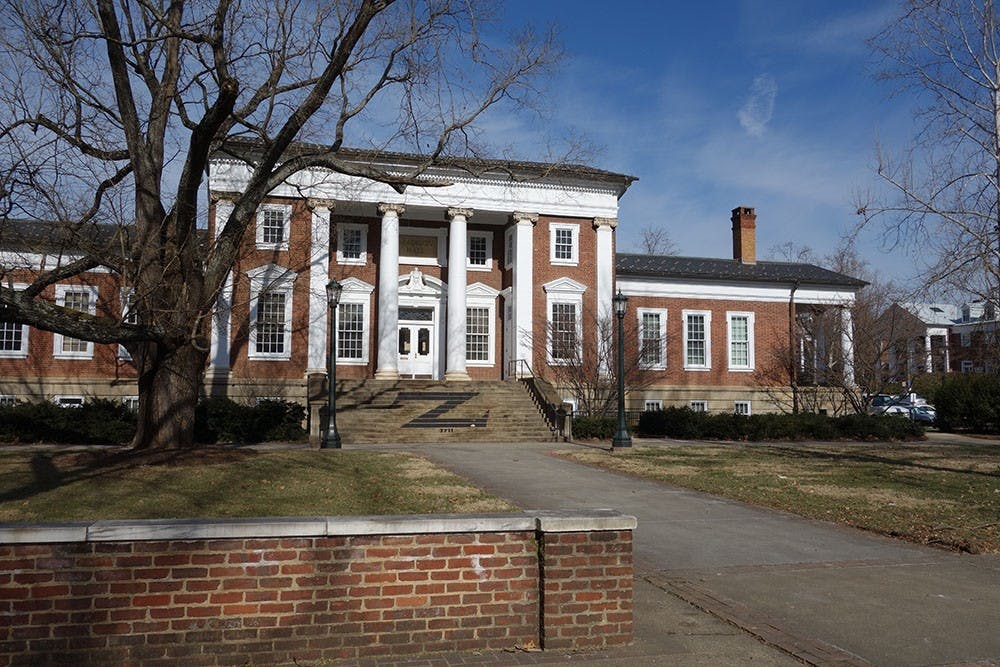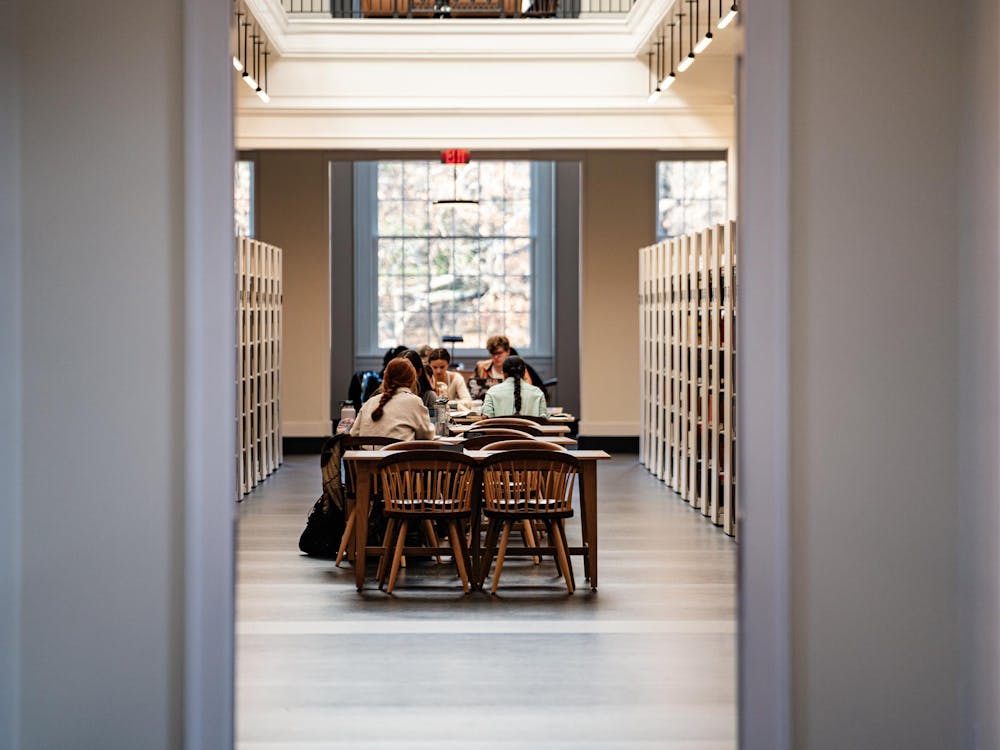Gov. Terry McAuliffe contacted Virginia’s public colleges and universities last Wednesday requesting they prepare strategies in anticipation of a five percent decrease in state appropriations this coming fiscal year, and a seven percent decrease the following year. Schools were informed via a memo sent by McAuliffe’s Chief of Staff Paul Reagan.
“Your respective analyst or manager in the Department of Planning and Budget (DPB) will contact you with the across-the-board reduction amounts for your institution,” Reagan said in the memo. “General fund support for financial aid is exempted and is not included in calculating your respective reduction amounts.”
McAuliffe specifically advised public colleges and universities against increasing tuition to compensate for the decrease in state appropriation.
“Every university is in charge of their own budget, which is different than other parts of state government,” McAuliffe Press Secretary Brian Coy said. “[McAuliffe] is very hopeful that these reductions can be done in a way that does not affect students, especially those who have already started the school year under the assumption they would be paying a certain tuition rate.”
University funding from the state has been on the decline in recent years. In the 2001-02 academic year, the school took in 12 percent of total revenue from the state and 22 percent of the academic revenue. These decreased to eight percent and 14 percent, respectively, the next year, and again to seven percent and 11 percent the following year.
In the past ten years, the percent of total revenue coming from state appropriations has fluctuated between a high of 7.6 percent and a low of 5.8 percent, with the percent of academic revenue from state appropriations remaining between 13.7 percent and 9.2 percent.
The University received 5.9 percent of its total revenue for the 2013-14 academic year from state appropriations, which was a slight decrease from the 6.1 percent allotted in the previous academic year.
This round of budget cuts would result in the lowest percentage of revenue from state appropriations since 1992.
University President Teresa Sullivan, with the help of her staff, drafted a tentative four-year financial plan for the University in March of 2013. This draft shows the University expected to see an increase in state appropriations between 2014 and 2017, in addition to proposing an increase in tuition by three to four percent.
The budget cuts mentioned for the coming year have been proposed as a way to account for shortcomings in state revenue, though they have not yet been approved.
“We do know that because of a revenue shortfall that we will have to reduce the budget in order to bring our spending into line with what we had budgeted,” Coy said. “It’s not guaranteed what those will look like, but there will be some spending reductions.”
The proposed cuts will reduce the University’s budget from state appropriations by millions of dollars in the next two years.
“The University will prepare for a 5 percent cut in [FY2015] — estimated at $6.5 million — and a seven percent cut in [FY2016], estimated at $9.1 million,” University Spokesperson McGregor McCance said in an email.
At this point, there are no future cuts to be expected for FY2017. The budget cuts are a result of state revenue falling below expected and budgeted amounts, with a projected budget shortfall in revenue this year at an estimated $881 million.
“Obviously we hope Virginia’s revenues come in higher than we estimated and we have a surplus, but for the budget that we have and the revenue target that they set, we’re coming in well below those, so we have to respond,” Coy said.
The University has not yet formulated any plans regarding what portions of the school budget will be scaled back. Final plans are to be submitted to the Governor by the end of the workday Sept. 19.
“The administration is just beginning to evaluate options,” McCance said.
Virginia public colleges and universities develop their own budget every year, so the cuts to state appropriation will affect each school differently. Reagan advised universities to focus on sustainable savings.
“I will encourage the use of savings strategies that emphasize recurring savings rather than one-time savings to help us in creating a structurally sound budget for future biennia,” Reagan said.





